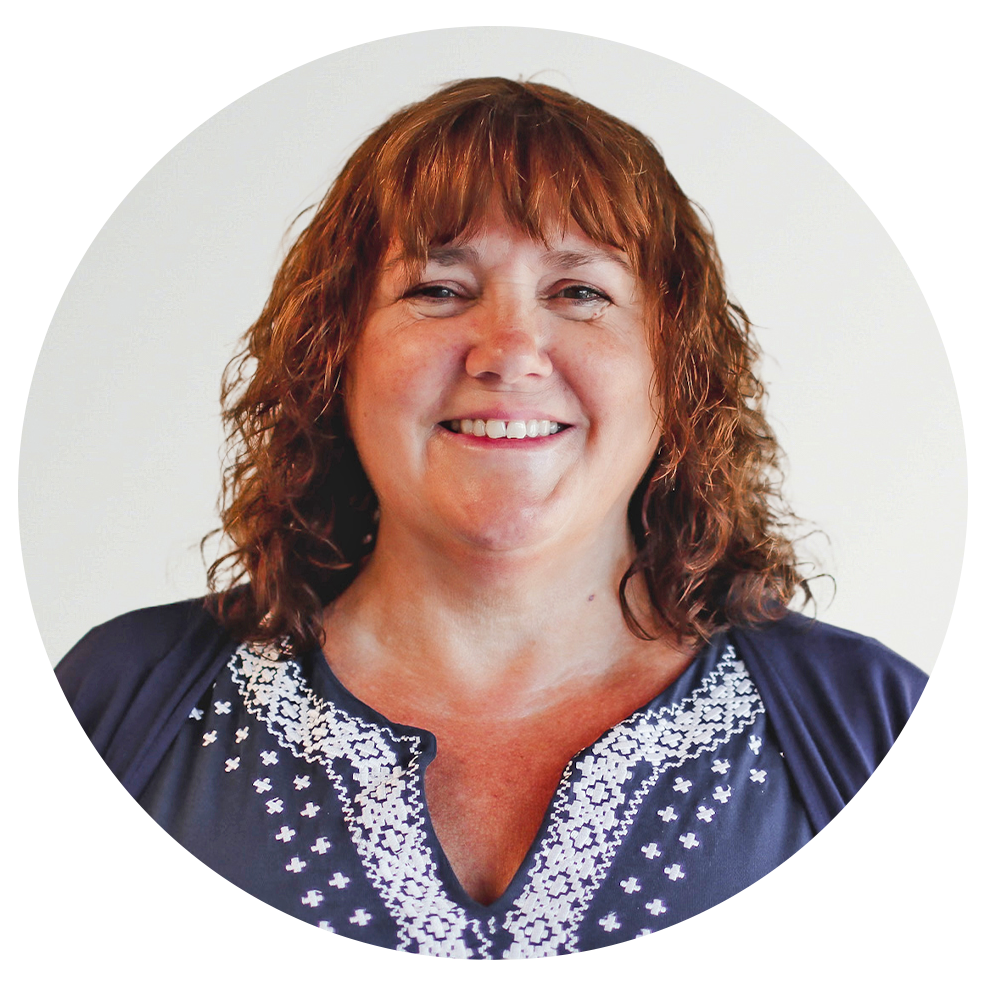Pressure Ulcers - Understanding what went wrong through RCA and PSIRF
This session will consider investigating pressure ulcer incidents within the context of Patient Safety Incident Response Framework (PSIRF) and the new National Wound Care Strategy Recommendations.
Undertaking investigations within your care home or home care team will help you understand what improvements need to be made, if any, to the care being delivered. Demonstrating that this activity is taking place, being acted upon and improving pressure ulcer incidents could support an improved CQC rating.
Learning Outcomes
- Understand briefly how a pressure ulcer is caused
- Be aware of the relevant national documents that guide when to investigate.
- Understand the key actions for prevention
- Understand how to determine which factors led to the development of a pressure ulcer
Meet our Experts

Heidi has been a Tissue Viability Nurse since 2002. Her interest and passion in the prevention and management of pressure ulcers began, however, in 1987 on registering as a nurse. She has worked in both acute and community care. She is currently the part-time Tissue Viability Services Lead for Hertfordshire Community NHS Trust.
People who watched this also watched...
Introducing the Accora chair range - Which chair should I choose?
This session will provide an overview of the Accora chair range and how they have been designed to promote independence. There are several factors to consider to ensure clinical outcomes are met when it comes to choosing the right chair for a service user, the overview of our products covered in this webinar will aim to assist in choosing the appropriate chair for your service users needs in relation to size, pressure and postural issues.
Understanding and supporting people with Dementia
This webinar will give a brief overview of the role of Admiral nurses and the charity that supports them, Dementia UK. The focus will be on the experience of dementia for both the person who has been diagnosed and their families. It will include hints and tips on how you can ensure the very best support is given, by having a better understanding of the condition.
Customised Equipment- Making Things Possible
This session will provide an overview of REMAP, a national charity that has been making and adapting equipment to meet the unique needs of individuals at no cost to them. The variety and complexity of equipment provided is wide-ranging and limited only by the creativity and skills of its volunteer engineers. The equipment created is explicitly designed for the client.
Sharing case studies, we will showcase the life span of REMAP’s service and explore how your professional curiosity can help clients achieve much more. We will discuss what can be achieved and how to consider the language we use as occupational therapists when working with the engineer. We will explore how you can influence commercial manufacturers to design accessible and cognitive infusion products.


